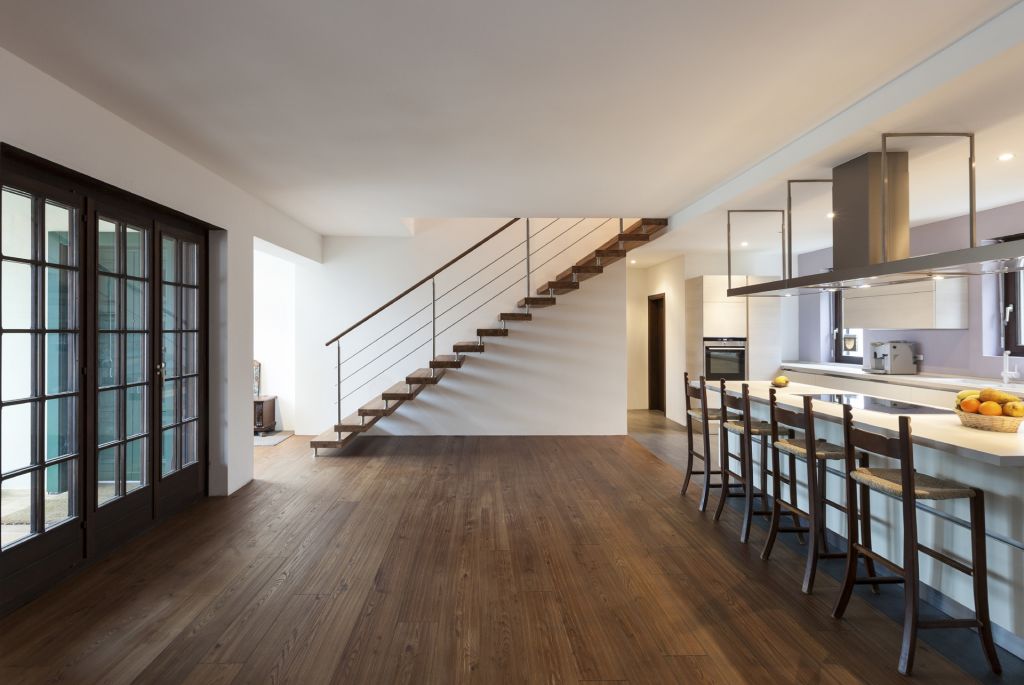Key ways to reduce your home insurance costs

Few homeowners question the importance of home and contents insurance. From flooding to theft, there is just too much that’s out of our control to justify not insuring your home.
The first step in reducing your home insurance costs is to conduct an audit. What’s covered? How much is it? And how many premiums do you have? You should also review your other insurance policies, including car, health, life and pet insurance.
Once you have determined the lay of the land, you can take steps to reduce what you are paying in home and other forms of insurance. If you are in the market for new insurance policies, use these tips to pick the best insurance policy form the outset.
Increase your excess
This may sound counterintuitive, but it can be a savvy financial move. Your monthly home insurance payments can be reduced significantly if you increase your nominated excess payments in the event of a claim. You will pay more upfront if you have to make a claim, but less month-to-month and overall.
Pay annually
Most insurers offer great discounts if you make a lump sum payment annually, rather than paying month to month. If you have cash available, this is an easy way to save money.
Look good on paper
At times it’s worth taking a hit on a smaller claim rather than going through your insurer, especially if it keeps your ‘no claim’ history intact. Many insurers offer no claim bonuses that could save you 25 to 65 per cent on your premiums.
Talk to your insurer
If you’re making modifications to your house, call your insurer to find out which alterations will increase, decrease or maintain your home’s level of insurance cover. You can obtain important money-saving advice on things like new guttering, windows, alarm systems or even upgrading a walkway.
Always update your insurer on any changes to your home’s contents. If you have sold or given away valuable items, you can reduce your premiums. Finally, if you’re unhappy with your home insurance premiums, pick up the phone and voice your concerns. Your insurer may try their best to win your loyalty.
Reduce the risks
Rethink items such as trampolines and pools, and make sure your home is appropriately fortified against natural risks in your local region, such as bush fires, flooding or severe storms.
Install and maintain appropriate security measures, including alarms, locks, fencing and bars. Get advice from your insurer as to which security products they recommend and how these measures will impact your premium.
Get a multi-policy discount
Bundling your different insurance policies may seem like an obvious solution, but people tend to restrict their thinking to home, contents and car insurance. These days, many insurers offer a complete portfolio of insurance products like home, asset, health, life, pet and travel insurance.
Shop around
This is a reoccurring theme throughout our Guide To Cutting Homeowner Costs . By simply investing your time into conducting some research, you can save money on your premiums. If you use an insurance comparison service, read the fine print and check any affiliations between the comparison service company and the recommended insurer.
Continue reading the Guide to Cutting Homeowner Costs with: How to minimise council rates and strata costs
We recommend
We thought you might like
States
Capital Cities
Capital Cities - Rentals
Popular Areas
Allhomes
More







